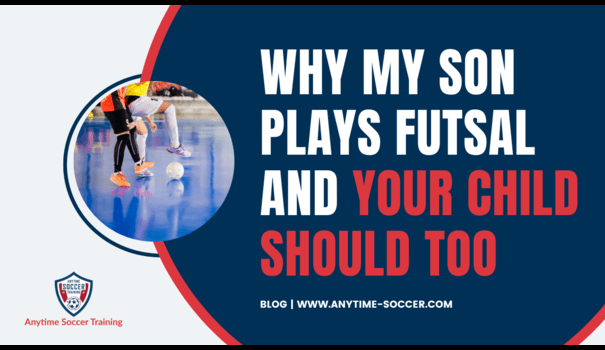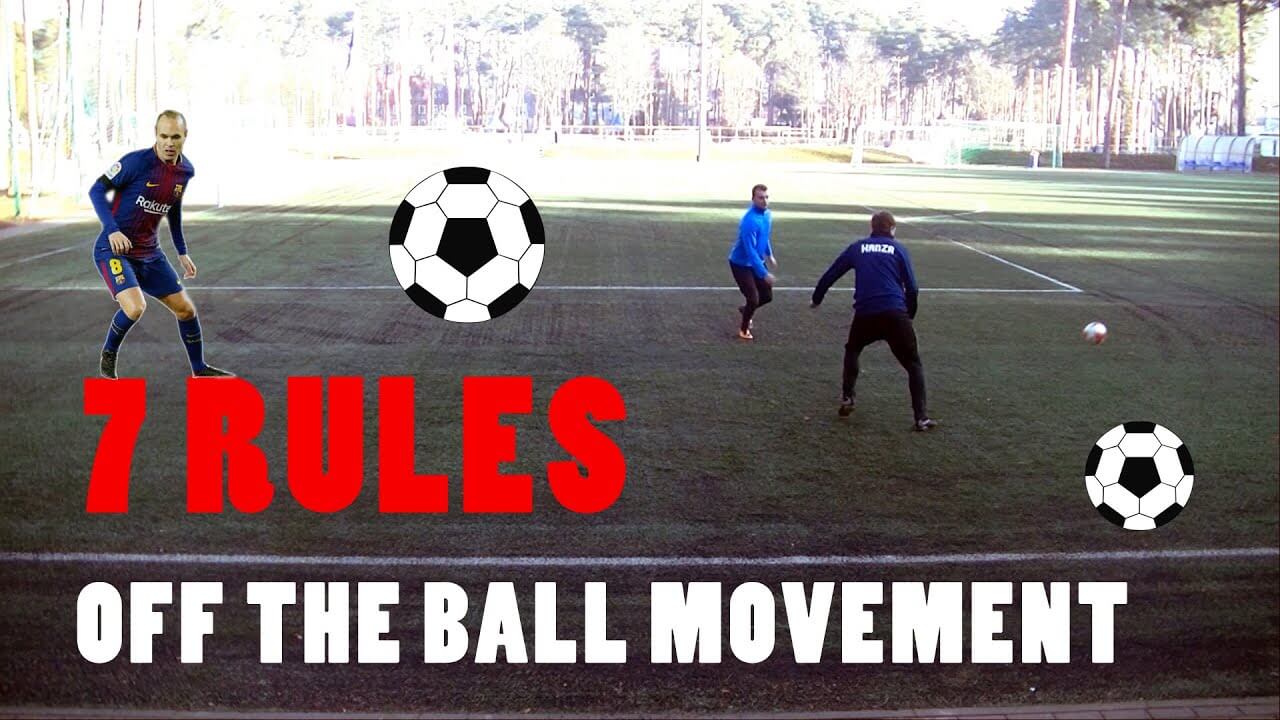
Futsal is an exciting, fast-paced small-sided game played with a smaller, weighted ball on a harder, faster surface. Originating in South America in the 1930s, futsal accelerates ball control and enhances soccer skills that translate perfectly to the outdoor game.
The Benefits of Futsal
With its small court and lack of walls, futsal requires players to have excellent ball control, precise passing, and quick decision-making skills. These technical and tactical challenges lead to more rapid skill development compared to regular soccer training.
More Touches, More Touches, More Touches
Futsal involves fewer players (typically 5v5 or 4v4) on smaller fields. According to the English FA, research indicates that individuals playing futsal receive the ball six times more often than they would in an 11-a-side soccer game.
Different Ball, Better Skills
The smaller, heavier futsal ball with reduced bounce supports closer ball control and greater manipulation. It keeps play on the ground, requiring more skill and accuracy in passing. For example, my son initially struggled to juggle the futsal ball, but by the end of the season, he could juggle it confidently.
Speed of Play
Futsal is played at a faster pace than outdoor soccer. The speed and fluidity of the game improve players’ skills in transition (counter-attacking). In futsal, teams are constantly defending or launching counter-attacks, a vital component for young players to understand and apply.
Tight Spaces
The limited space on a futsal court encourages movement, rotation, and innovation. Players must find creative solutions to unlock defenses and create space, skills that are crucial for attacking midfielders and forwards in the 11-a-side game.
It’s FUN
My son loves playing futsal at SportHQ and competing with new teammates. Futsal is also fun for young players because they get to touch the ball more frequently in a variety of positions.
Winter Respite
Futsal is mainly played indoors, making it a perfect alternative during the winter months when outdoor matches are often canceled due to bad weather.
Fun Fact – Futsal Origins
Futsal began in Uruguay and Brazil, where crowded cities and a shortage of playing pitches led to small-sided games. In 1936, the first rules emerged. The name “futsal” combines the Spanish words for “hall” (Sala) and “football” (Futbol): hence “futsal.”
Futsal is an exciting fast-paced small-sided game played with a weighted, smaller ball on a faster, harder surface. Originating in South America in the 1930s – the nature of the Futsal game accelerates ball control and enhances other soccer skills that translate perfectly to the outdoor game.
With its small court and lack of walls, players must have good ball control, precise passing and are constantly required to make quick decisions and find creative solutions. These technical and tactical challenges result in a more rapid skill development than regular soccer training.









